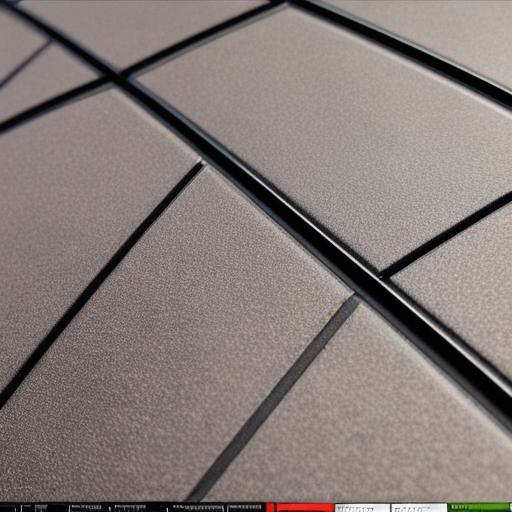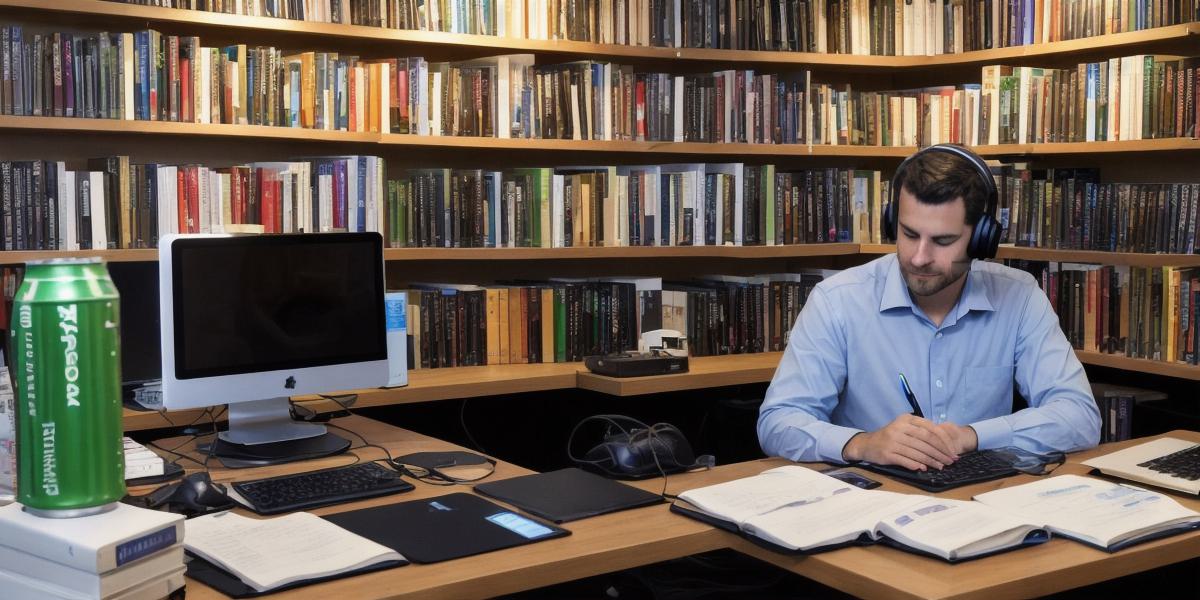As a game development student, completing your final project can be a daunting task. Not only do you have to create an engaging and polished game, but you also have to present it in a way that impresses potential employers or clients. In this article, we will provide you with some tips and tricks for completing a successful game dev 3 final project.
- Plan Ahead
The first step to completing a successful game dev 3 final project is to plan ahead. This means creating a roadmap for your project that outlines the key milestones, deadlines, and deliverables. It’s important to be realistic about the time it will take to complete each task and to build in some buffer time for unexpected challenges or delays.

- Break Down the Project into Manageable Parts
Once you have a plan in place, break down your project into manageable parts. This will help you stay organized and focused, as well as make it easier to track your progress. Some possible tasks to include in your breakdown might be: concept development, prototyping, programming, art and animation, testing, and documentation.
- Use Real-World Examples as Inspiration
One of the best ways to come up with ideas for your game is to look at real-world examples. This could be anything from popular video games to successful mobile apps. Take note of what works well in these examples and try to incorporate similar elements into your own project. For example, if you’re working on a puzzle game, you might study the mechanics of games like Tetris or Angry Birds to see how they keep players engaged.
- Collaborate with Others
Collaboration is key to completing a successful game dev 3 final project. Whether it’s with classmates, mentors, or even outside experts, working with others can bring fresh perspectives and ideas to the table. It can also help you stay motivated and on track, as well as provide opportunities for learning and growth.
- Test and Iterate
Testing is an essential part of the game development process. Not only does it help you identify bugs and glitches in your code, but it also allows you to gather feedback from players and make improvements based on their suggestions. It’s important to be open to iteration and to continuously refine your game until it reaches its full potential.
- Stay Focused and Motivated
Completing a successful game dev 3 final project can be a challenging and time-consuming task, but it’s important to stay focused and motivated throughout the process. This means setting realistic goals, celebrating small victories along the way, and reminding yourself of why you’re doing this in the first place. It’s also important to take care of yourself and prioritize self-care activities like exercise, sleep, and nutrition.
- Showcase Your Work
Finally, once your game is complete, it’s important to showcase your work in a way that will impress potential employers or clients. This might mean creating a demo reel, a pitch document, or even a website dedicated to your project. Whatever format you choose, make sure it highlights the key features and benefits of your game, as well as any unique selling points that set it apart from others in the market.
FAQs
Q: How long should my game dev 3 final project take to complete?
A: The length of time it takes to complete a game dev 3 final project can vary greatly depending on factors such as the complexity of the game, the size of your team, and the resources available to you. However, as a general rule of thumb, most students allocate between 6-12 months for their projects.
Q: What tools and technologies should I use for my game dev 3 final project?
A: The tools and technologies you use for your game dev 3 final project will depend on the type of game you’re creating and your personal preferences. Some common tools and technologies used in game development include game engines like Unity or Unreal Engine, programming languages like C++ or Python, and art and animation software like Photoshop or Blender.
